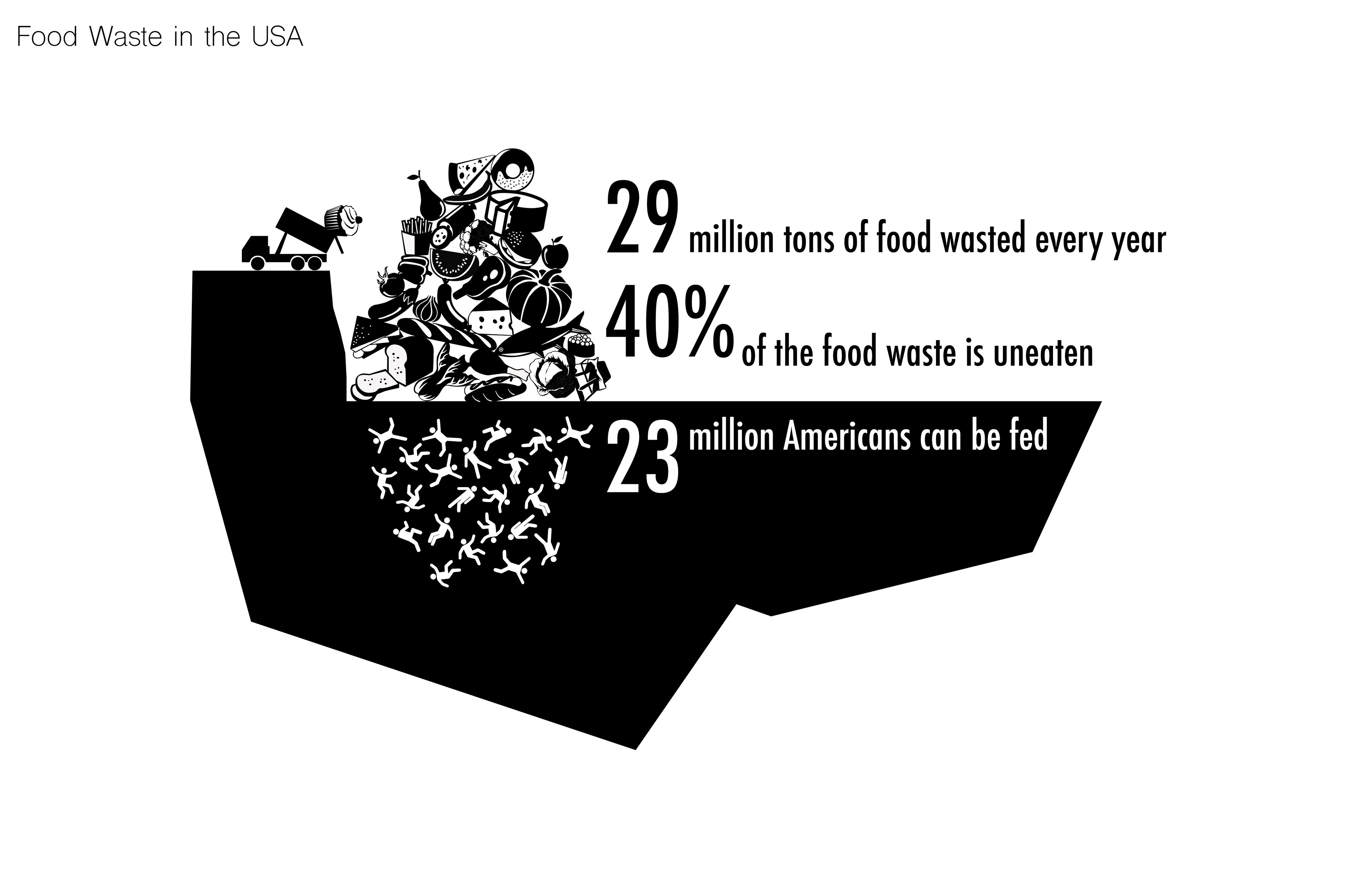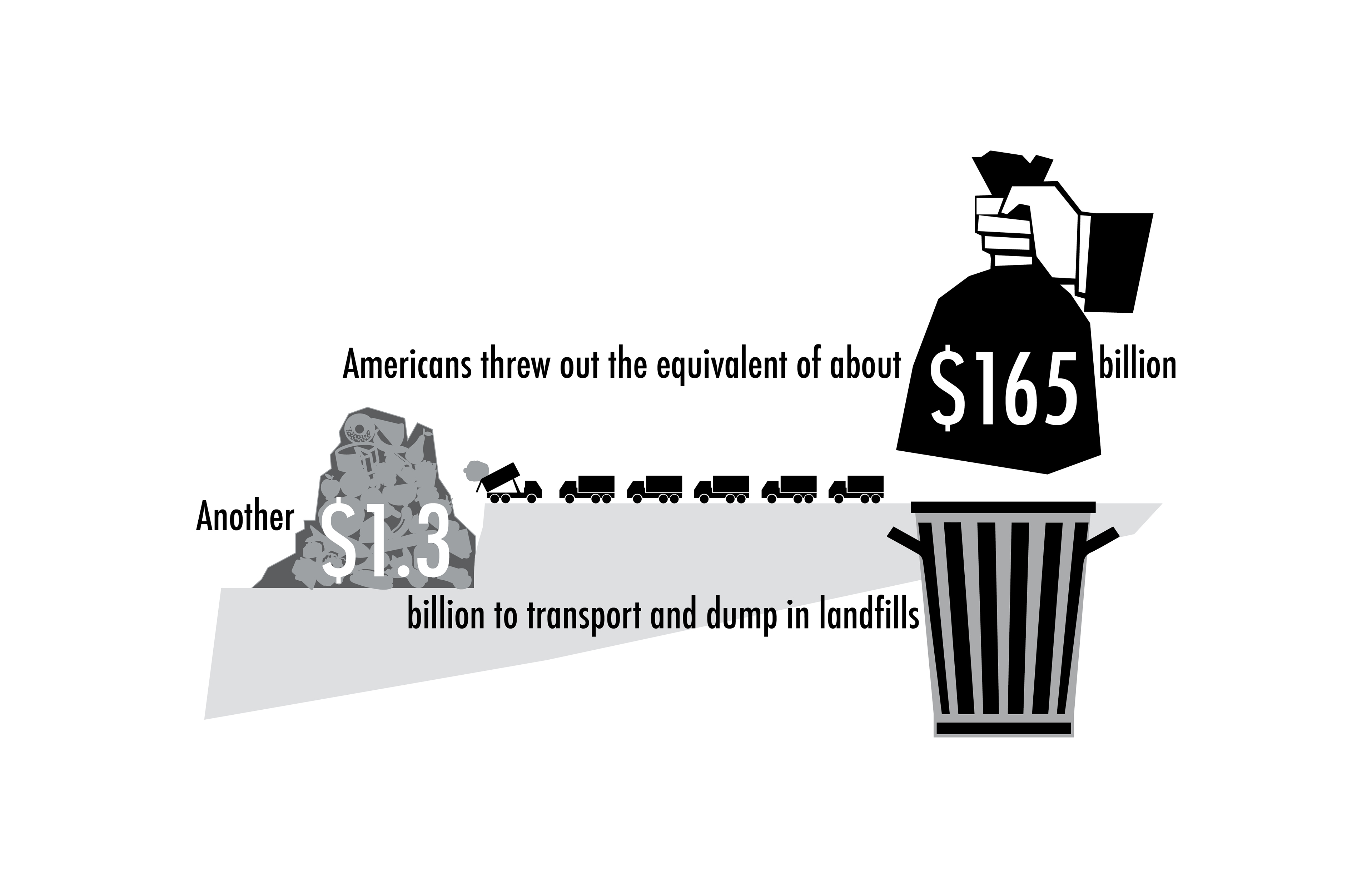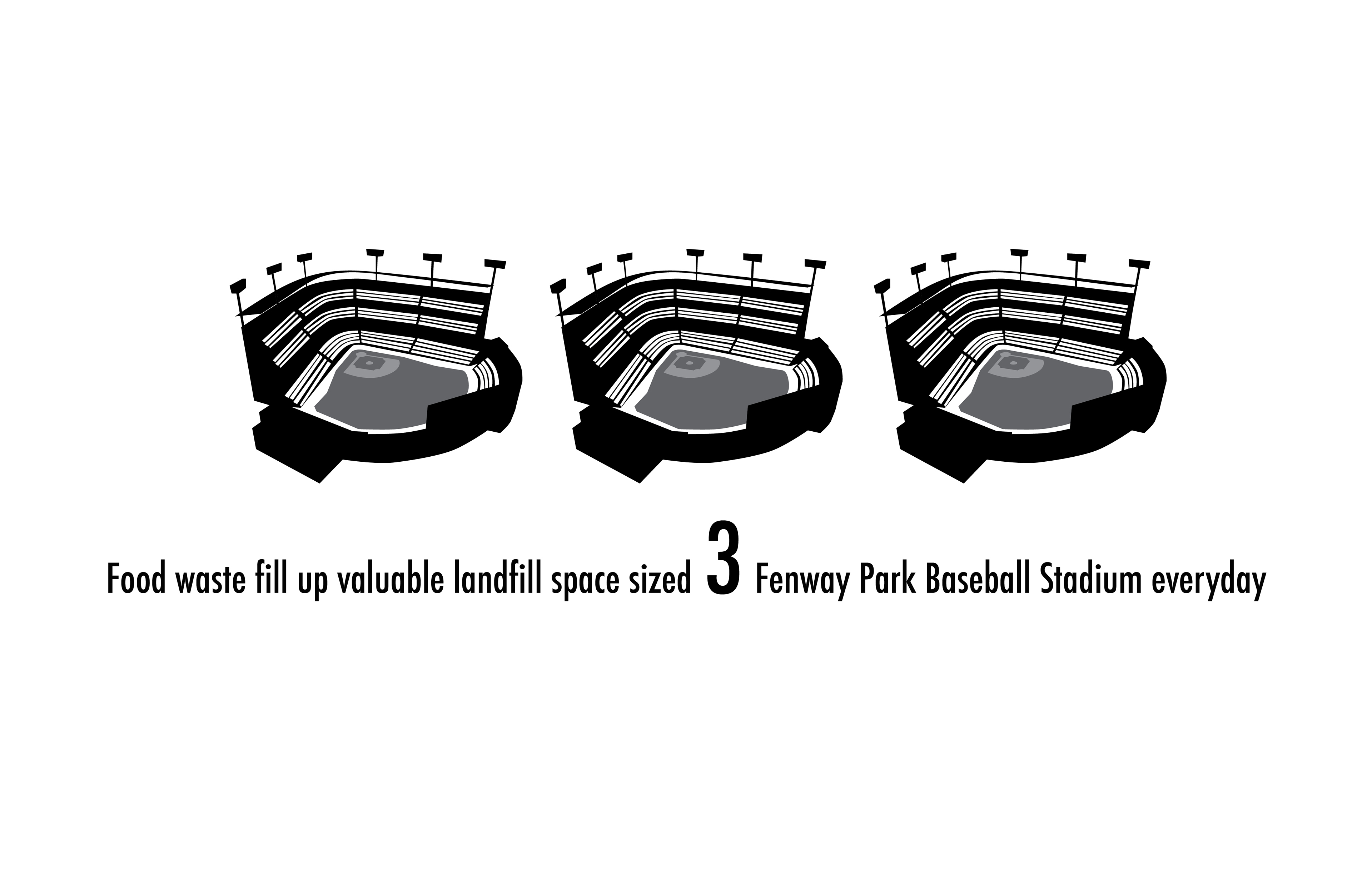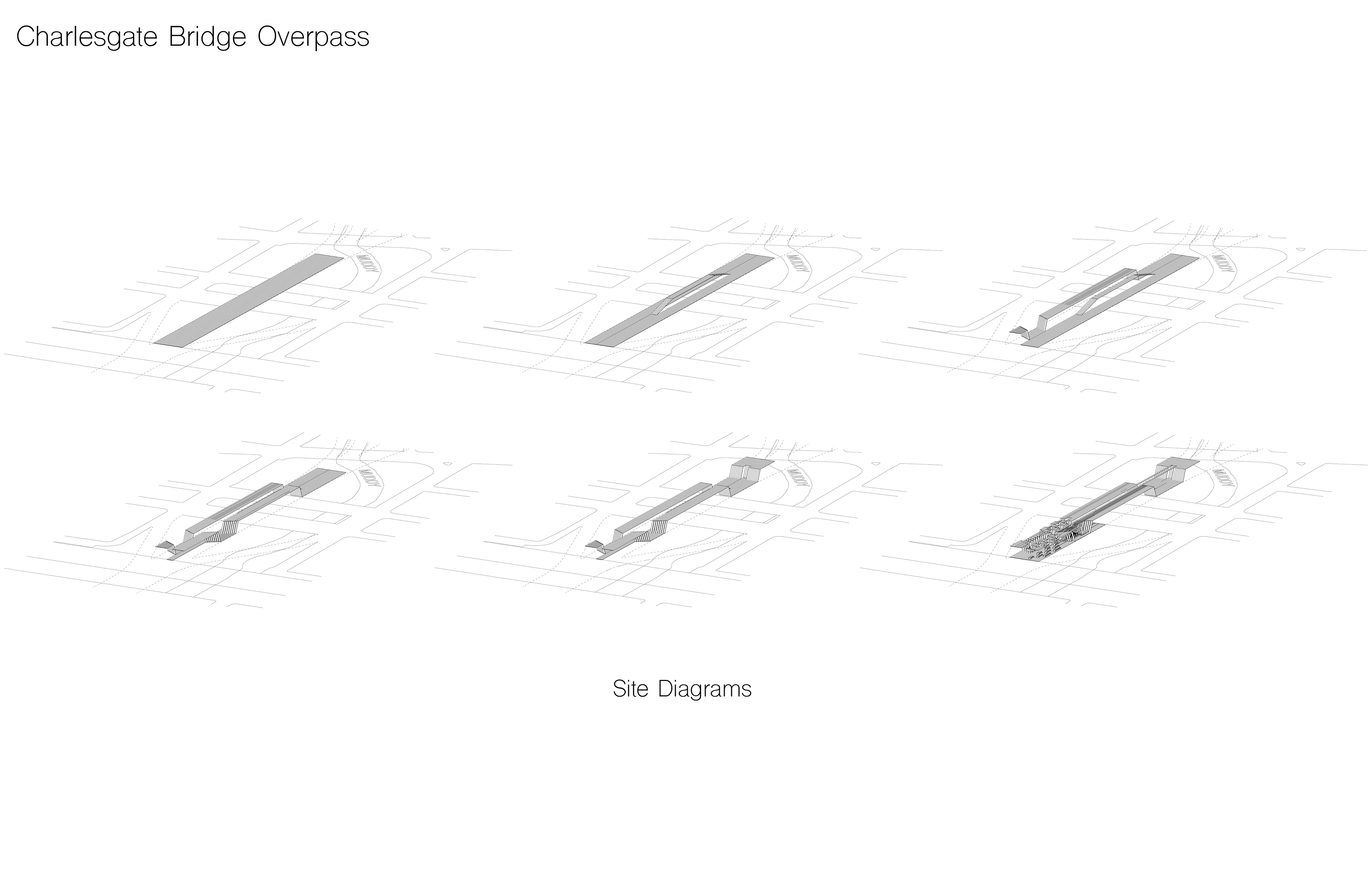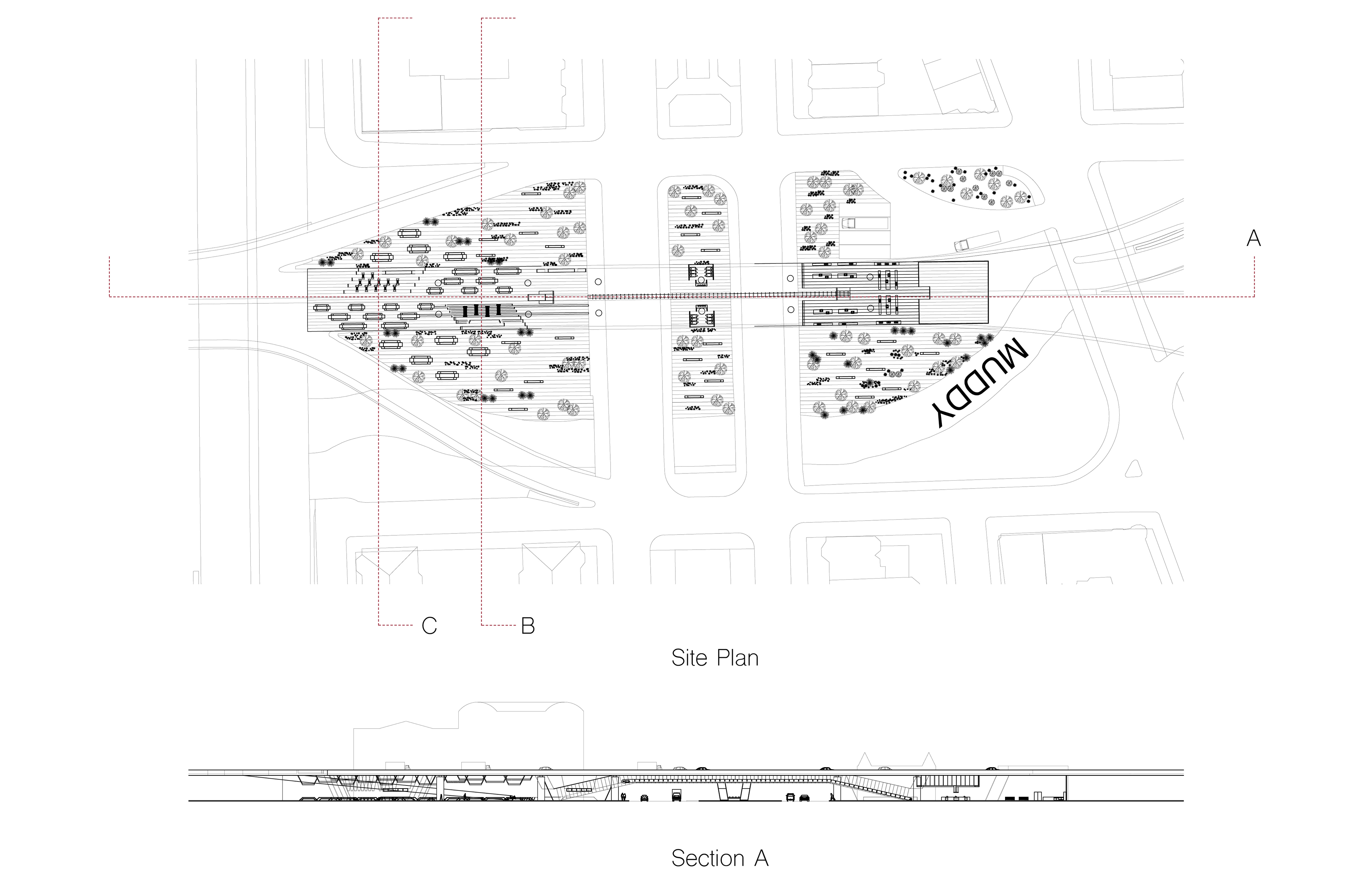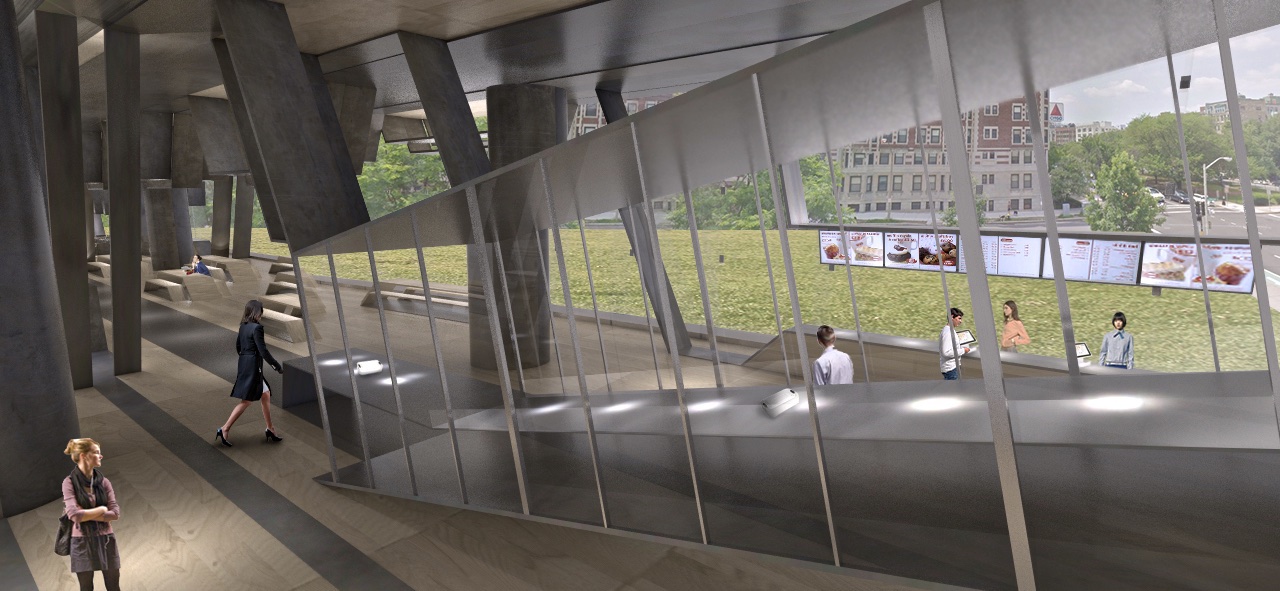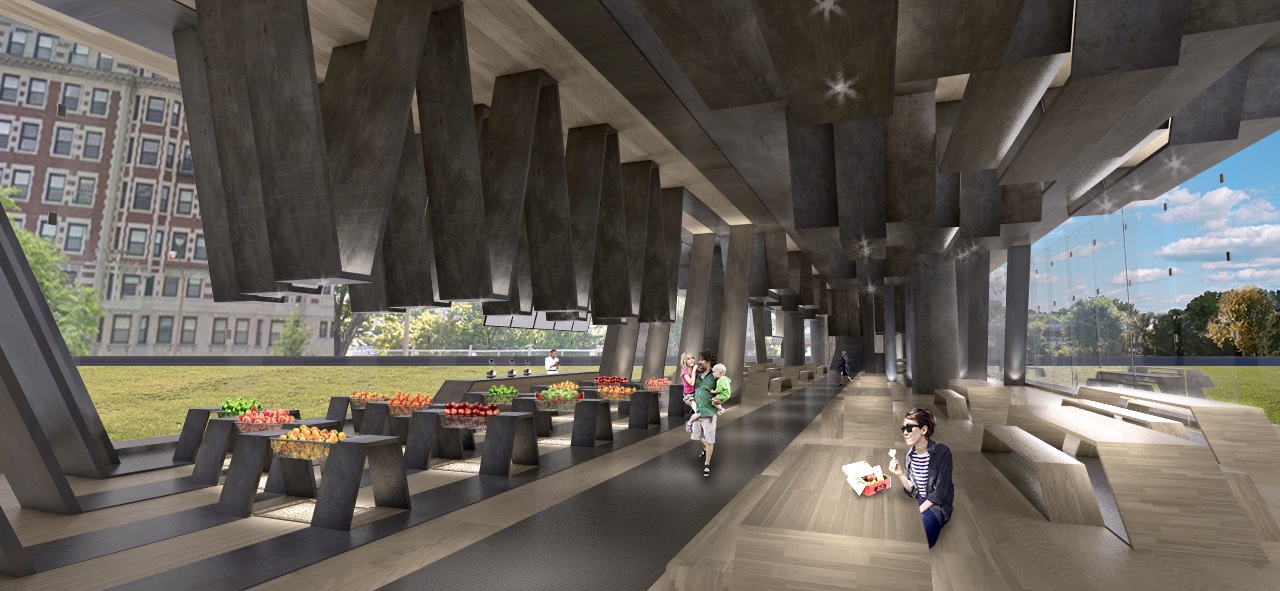Metropolitan Hybrids: Food Pulse
Boston, MA, Fall 2014 Instructor: Rafael Luna Infrastructure is the underlying framework that supports the operations and groth of a city. As new infrastructure is developed, older frameworks become obsolete, creating disruptions within the urban fabric. For this studio, the Charlesgate Bridge overpass will be considerred as the test site, using the underutilized underpass structure to redifine an urban space. The site presents two challenges: how to restitch two parts of the city that is seperated by the overpass, and how to reuse this concrete structure as an alternative infrastructure that allows the city to grow. My project focuses on one of the global issues — food waste. Not only it’s a waste of resources , it is also economically wasteful. It fills up valuable landfill space, and food rotting in landfills also leads to different environmental problems. In Massachusetts, a statewide commercial food waste disposal ban is recently in effect, it helps divert food waste to energy-generating and composting facilities. However, small businesses (including small cafes and restaurants) and residence are excluded from the ban. My concept is to bring the community together and engaged the general public to take action reducing food waste by reusing collected uncooked food from local restaurants, then provide meals at a cheaper price to the public, instead of trashing perfectly edible food. Using the same architectural gesture of the conveyor belt, the space is created with a series of stripes that bends upwards and downwards according to the needs of programs, thus the ‘pulse’ of food.

